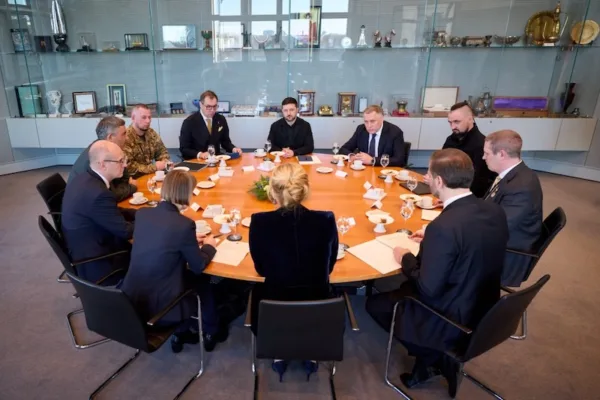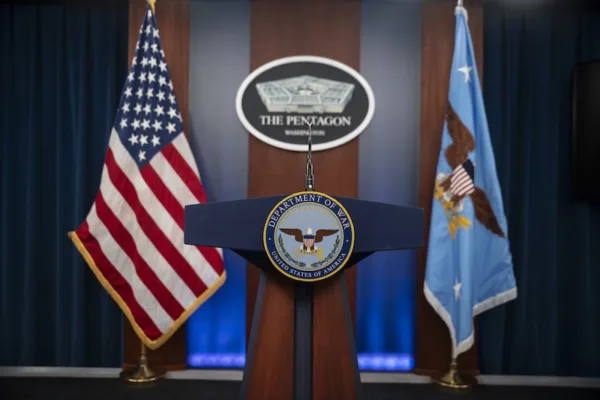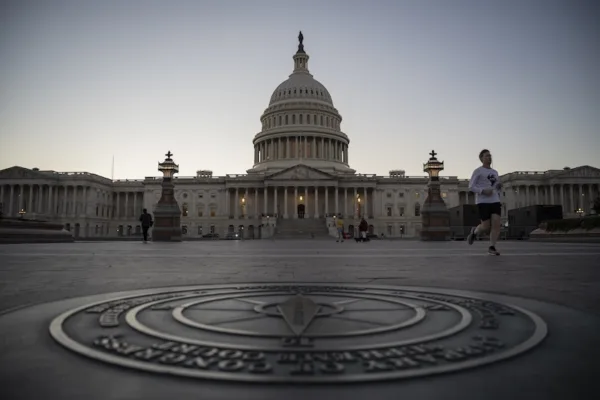Yenikapı Consensus
The July 15 coup attempt was a significant moment in the history of Turkish democracy. Of course, the most significant impact took place in the country’s civil-military relations. This was an issue that generated some serious repercussions in the country’s democracy. In various instances, the military intervened in politics, overthrew governments and tried to shape foreign and domestic politics. The reform packages that were adopted in the first years of the new millennium significantly limited the military’s ability to intervene in politics. Constitutional amendments and changes in the composition of the National Security Council eliminated legal loopholes that were implemented in the 1983 Constitution that was written and adopted by the junta. With the reform packages, the political and legal infrastructure for the military to become involved in politics was eradicated. However, the July 15 coup attempt and the people’s reaction brought a new dimension to active civilian control of the military, which is a form of societal confirmation to stop any further coup attempt or military involvement in politics.
So far, in every one of the coups in Turkey, although they never liked the situation, the people stayed quiet as a survival strategy and later responded negatively in the following elections. The target of the coup makers was predominantly won shortly after the coup. However, this time, instead of waiting for the junta to gain full control of the country, the people stood in front of tanks against the coup plotters to defend their democratically elected government. The second dimension of the Yenikapı consensus emerged as all of the political parties stood against the coup. The political parties’ immediate reactions to the coup came shortly after Prime Minister Binali Yıldırım’s statement about a coup attempt. Nationalist Movement Party (MHP) Chairman Devlet Bahçeli and Republican People’s Party (CHP) Chairman Kemal Kılıçdaroğlu denounced the coup attempt. Following this, members from all four political parties in Parliament participated in a meeting in Parliament. Despite heavy bombing, these members of Parliament did not leave and stayed there all night in solidarity. Despite deep political and ideological differences, these politicians came together to defend their rights and to represent the will of their constituents who were writing a new page in the history of Turkish democracy on the streets. The consensus was that no other actors other than legitimate political parties who represent the people should be involved in politics. The tutelage period of the military was already over and Turkish politicians decided to stand together against this system. Under the leadership of and by invitation from President Recep Tayyip Erdoğan, the leaders of the three political parties met for the first time after a long period to discuss the coup attempt and possible steps that needed to be taken to prevent any future attacks on democracy.
Furthermore, this unity and solidarity among political actors also was against any other form of group or organization that tries to infiltrate the state and shape its policies and actions in accordance with their own interests and priorities. All of the major political parties immediately after the coup held this position, especially against the Gülenists in different government institutions. After three weeks of constant rallies, yesterday, three political parties came together in Yenikapı to seal this new consensus of a more civilian politics in the country. The people of Turkey expect this consensus to emerge in the coming future, especially in the process of writing a new constitution and reforming the government. But regardless of the future, the consensus of the last three weeks will be a historic period in the history of Turkish democracy.
This article was first published in Daily Sabah on August 8, 2016.




















